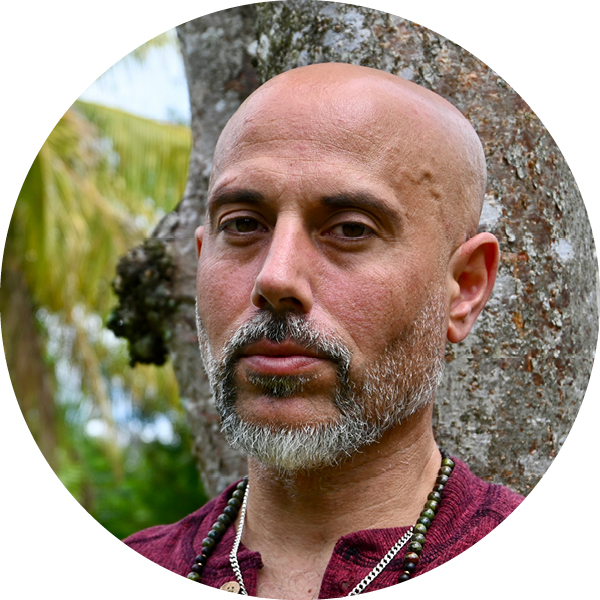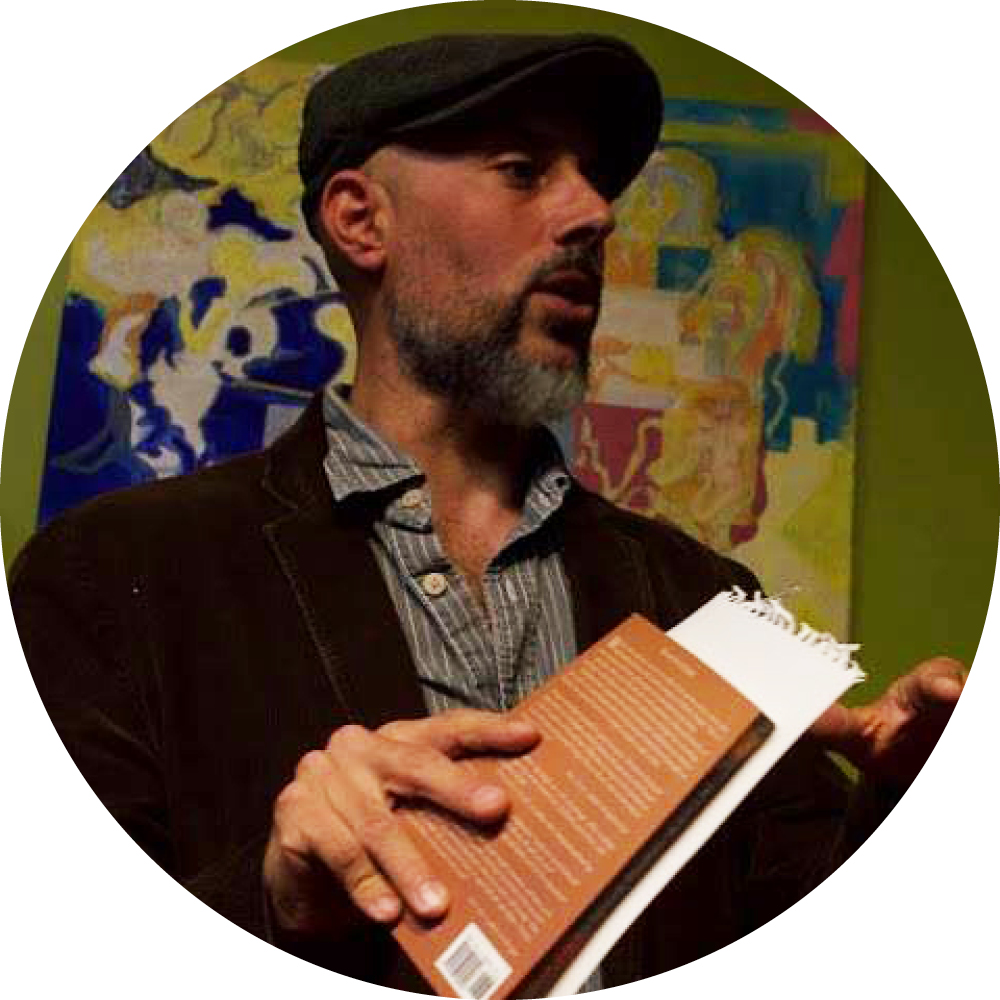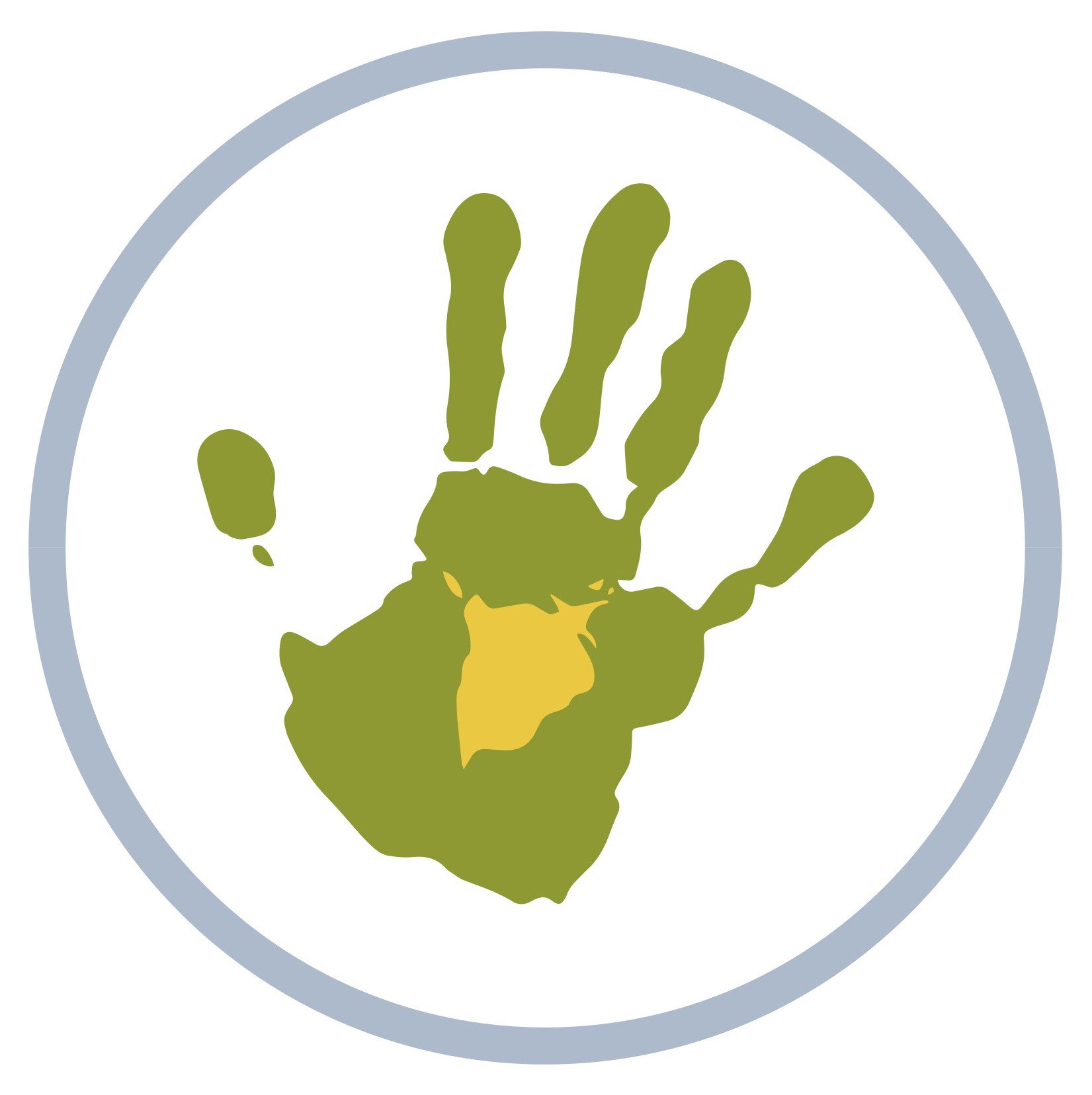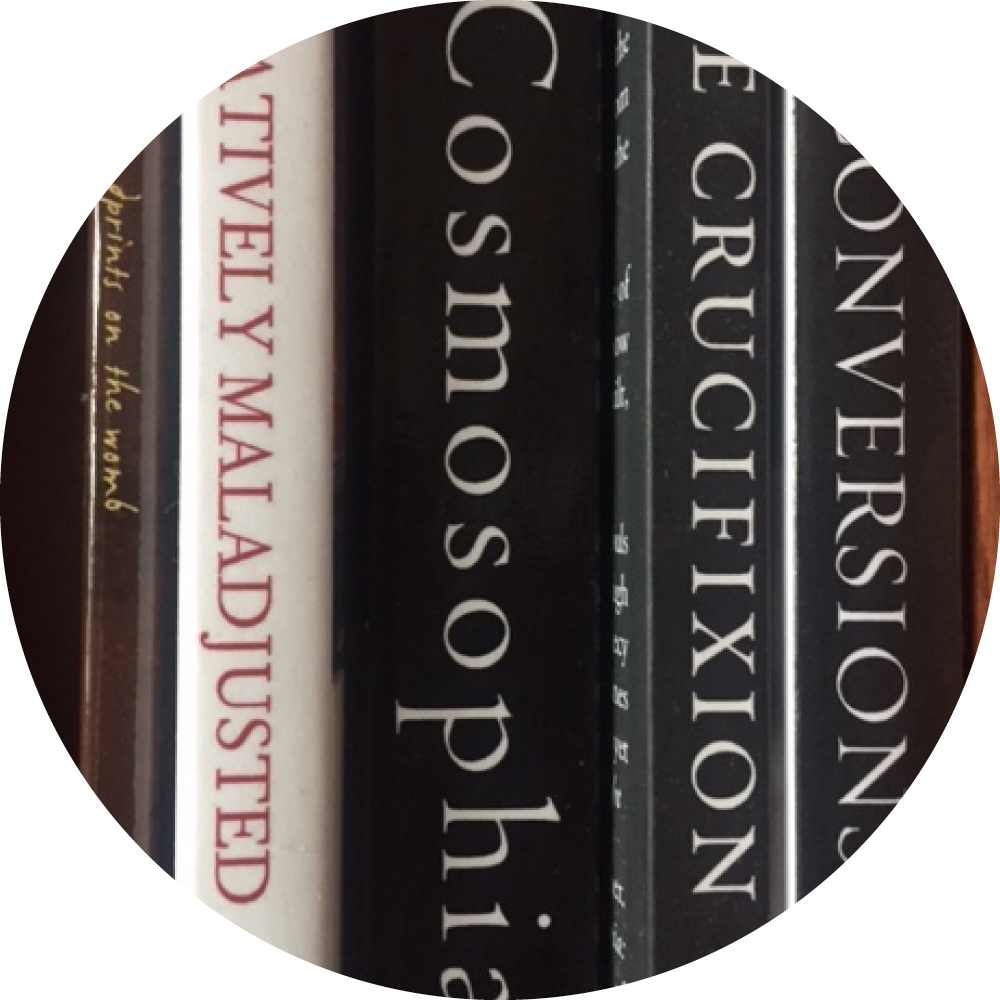After the Pandemic:
Reimagining Teaching, Parenting, & Childhood
By Theodore Richards
A child sits alone, staring at a screen.
This is the enduring image of the pandemic: the sad and lonely child, learning “remotely.” It is the child who encapsulates this moment, the child who forces a reckoning with the world we’ve made, the future we’ve mortgaged, the cost of our hubris. It is perhaps then the only logical consequence of this system that our children should end up this way: alone, staring at a screen. This loneliness a manifestation of a deeper, cosmic loneliness, the spirit of rugged independence made flesh.
Its cost is apparent to any parent. Every gift of childhood – joy, exploration, play, wonder – sacrificed at the altar of the system. And so, it is also odd that our response to this crisis is a doubling down, a deeper investment in the very system that birthed it.
But there is a gift in this crisis, even if some refuse to see it. The pandemic has shown us so many things that we’ve been doing are perhaps worth rethinking. Why do we prepare our children for work that will surely no longer exist, for a world that will be so radically changed? It has brought our children’s schools into our homes, and we have been able to see just how impoverished their educational lives often are.
Obviously, remote learning isn’t ideal. But we also can see that our school systems – like many systems – were already problematic long before that pandemic hit. Our children’s lives were dominated by a narrow breadth of easily-tested skills and information. Our children were already spending their days on screens, already in the midst of a mental health crisis.
What if we looked at the pandemic as a revelation? And what if we look to look to our children as a way to find hope in a time of despair? A new vision is emerging of how we might re-imagine teaching, learning, and parenting in order to a create a space for our children to re-imagine our world. For the greatest mistake we could make right now (and this is indeed the mistake we are making with so many “remote learning” models) is to try to replicate the old way of doing things.
Let’s return to our child, the remote learner. One of my children (a seventh grader; the other two younger children are homeschooled) has been in such a program, so I can attest that the issue is neither the competence nor the effort of her teachers. The problem is that we’ve forgotten the key to education, to parenting and childhood – to humanity. We’ve forgotten that all learning, all growth, all life is relational.
We don’t need more buzzwords or educational jargon; rather, what is required is that we ask more questions: I am asking you to reimagine your relationship to others, to the world as a whole, in light of what we are all experiencing with the pandemic. The crisis is making it apparent that some of the basic assumptions we’ve made about the world are worth rethinking. Foremost among them is our sense of independence and isolation – from each other, from the world as a whole. Our schools are rooted in the values of independence and isolation, and the consequence is that we are increasingly lonely. The crises we face, from the pandemic to climate change to the struggle for racial justice, all call upon us to think holistically and interdependently. So, we require a framework for re-imagining the basic narratives and metaphors upon which our schools – and, indeed, our civilization – are based. I’ve drawn not only from my work homeschooling my own children, but also on decades of experience as an educator through the organization I founded.
My hope is that professional educators will reconsider how they are doing things in schools and that homeschooling parents will create vibrant learning spaces at home. But I also hope that any parent or role model can rethink the relationships they are cultivating in their homes and elsewhere.
Years ago, I traveled around the world, across Asia overland, through north Africa and Europe, and back to Chicago. I learned many things along the way – indeed, I encountered the poverty, the polluted air and shrinking resources I refer to in this book – but perhaps more than anything I learned the reality of the singularity of this planet, an island from which we cannot escape. Choices made by wealthy countries on one side of the planet were determining the lives of poor children on the other. We are stuck with each other, in this immense planet we cannot escape.
After my trip around the world, I went back to school, studying the world’s great mystical and mythological traditions. But I couldn’t seem to get away from my roots as an educator on the margins. While in school in California, I teamed up with a teacher to co-create a program for teens. I had learned from my travels and from my studies that the world’s wisdom traditions all told their deepest truths not in lists of rules but in the stories they tell. I also saw that the stories young people had about themselves were often their biggest impediment. For example, young people who dropped out of school or got arrested were always taught that this was simply because of their “poor choices”. And surely there is some truth to that. But only in a worldview that isolates the individual as radically as ours could we reach the conclusion that anyone’s life was only the product of personal choice. We are interconnected; our stories are woven together. When an adolescent gets in trouble, the story is far more complex than individual choice. The individual is a web of relationships. A young person who drops out of school didn’t choose an inequitable society, a dysfunctional family, or a failing school system.
The high school dropout didn’t choose that any more than we choose climate change, or the shrinking of the middle class. But somehow, we tend to blame those on the margins for their own marginalization, while we seem to think that the richest and greediest among us who are causing so much destruction are fine. We refer condescendingly to certain kids as “at-risk,” but what of our at-risk planet, our at-risk species? Indeed, the notion that consumer choice would be the solution to climate change is based on a false premise, individualism. But not only is not the solution, it’s actually a major cause. We all need a new story, not just those on the margins. This isn’t about blame; it’s about a story that can help us all find our place and recognize that we are not really alone, that we are in this together, on this single planet.
In 2009, I moved to Chicago and started the Chicago Wisdom Project, a program to work with youth on the south side of Chicago. Over time, we developed a process that gave our young people the tools to reimagine their stories. This process isn’t just healing for the participant. It also transforms the student into a teacher. The stories we tell offer new ways of seeing the world. That’s why it’s especially important that our stories come from multiple points of view, especially from those at the margins. There is a wisdom there that simply won’t be found by those at the centers of power, from those who benefit from our current systems.
But before we can reimagine a story, it’s helpful to return to the lessons learned from an example of a learning space that is in many ways the opposite of the modern classrooms that promote the modern story of individualism – the one room schoolhouse. To understand what that might be, we don’t need to look at the curriculum. Rather, we need to imagine how the learning process would unfold in this space.
A new vision is emerging of how
we might re-imagine teaching,
learning, and parenting in order
to a create a space for our
children to re-imagine our world.
Any classroom is a metaphor for the world. It can teach us the world is hierarchical and rigidly ordered; it can teach that the world is fluid, open, evolving. The classroom teaches us about our relationship to power, to our own agency, to our place in community. In the schools most of us attended, we learned that the world was something like the factories on which our public school system was modeled. We learned that we are essentially individuals, competing with one another. This is the context in which the high school dropout is blamed for “poor choices”. But the one room schoolhouse was a community. It had to be. The older students must teach the younger. Students and teachers must learn to get along. They were stuck with each other, in this little world they cannot escape.
It is easy to conceive how we might fall in love with a small community that shares a history and a culture rooted in local ecology and shared stories. But our challenge now is planetary. The Earth is a lot bigger and more diverse than the one-room schoolhouse or an isolated culture that inhabits an island. But the Earth is also, in some ways, both schoolhouse and island. How can we tell a story that connects us on a planetary scale?
We have lost our sense of place in the world. The stories we’ve been given have taught us that we are alone and, ultimately, lonely. We live in a time of unprecedented crises, an age that requires unprecedented changes, not merely in our systems, but in the very values, ideas, and narratives that give us our sense of who we are and our place in the cosmos.
But most of us are too deeply embedded in our worldview to even be able to grasp the urgency and immensity of the changes required. We often simply cannot imagine what doesn’t fit in our story. But there is hope. For there are people among us who aren’t as invested in the worldview that has led us into so much trouble: our children. Our work, as parents and educators, is to create the spaces and facilitate the processes that can allow them to teach us. Our children, unlike us, will not hesitate to claim their new place in the world, if we can only offer them the space to do it – and the humility to listen.

Re-sources
Re-Imagining Education

Empowering educators to take a deeper look at the stories told in our schools and to re-imagine them in transformative and
nurturing learning spaces.
Learning Opportunities

Classes, workshops, and lectures that help to empower people to re-imagine who they are and their place in the world.
Get Involved

Help the Chicago Wisdom Project realize its mission to re-imagine education through holistic programming that transforms individual, community and world through creative expression.
